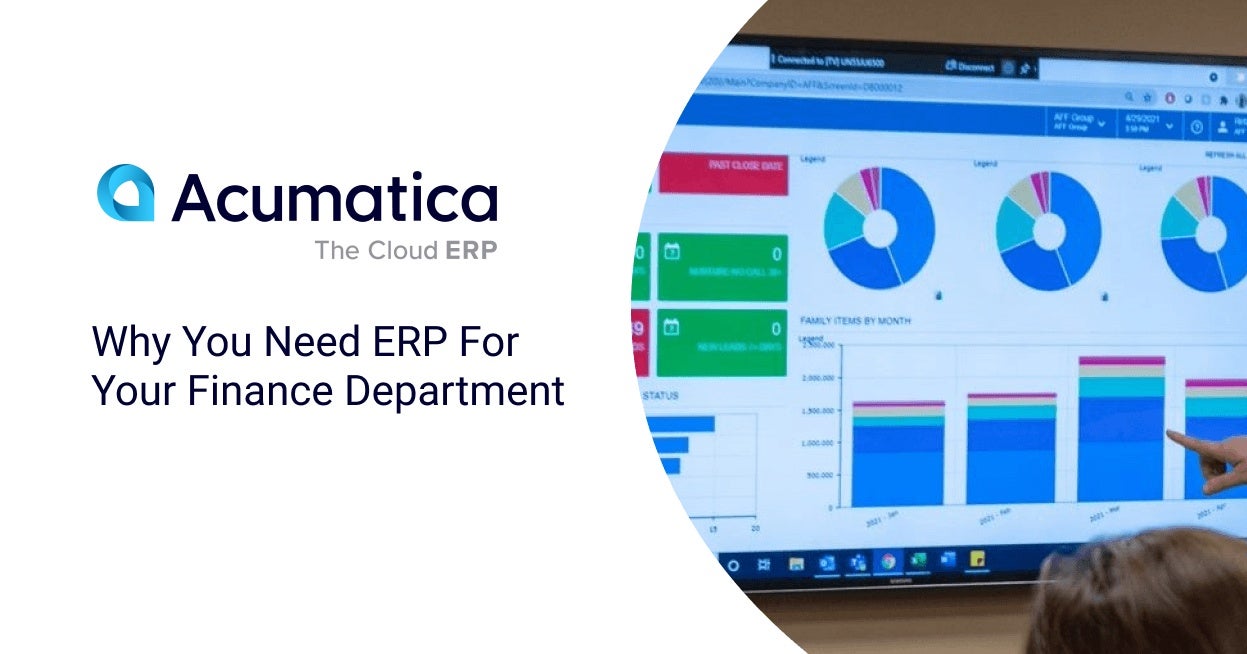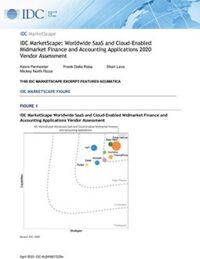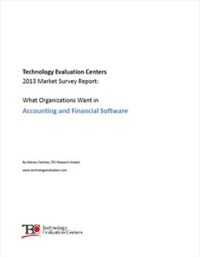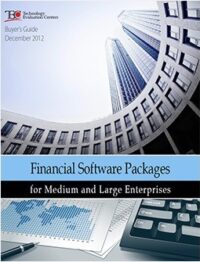Which ERP Systems Are Best for Finance?
Finding the best ERP for finance for your specific needs doesn’t come without its own set of challenges, but there are ways to distinguish between solutions that will work for you and those that won’t. For example, setting a budget and an implementation timeframe will let you know whether you can afford a certain ERP as well as if an ERP vendor can meet your timeline.
You also want to include every member of your team in analyzing your business requirements, which ensures that your must-have, as well as your would-be-nice, features, are available in the ERP solution of your choice. An evaluation checklist can help by comparing features (under the categories of productivity, functionality, technology, value, and risk) of varying ERP vendors.
The features—and their benefits—are critical to your search, but it’s also important to know your hosting options. ERP solutions of the past were hosted on-premises, which means companies had to buy the hardware, install it in their own building(s), and manage any updates and upgrades, which included security protocols. Though this is still an option, cloud-based ERP solutions do not require hardware, the solution is accessible 24/7, and the cloud ERP vendor acts as your IT department.
If there are pros and cons for both on-premises and cloud ERP options, certain vendors provide a cloud solution in a private environment, or a hybrid option. Acumatica is one of them.




